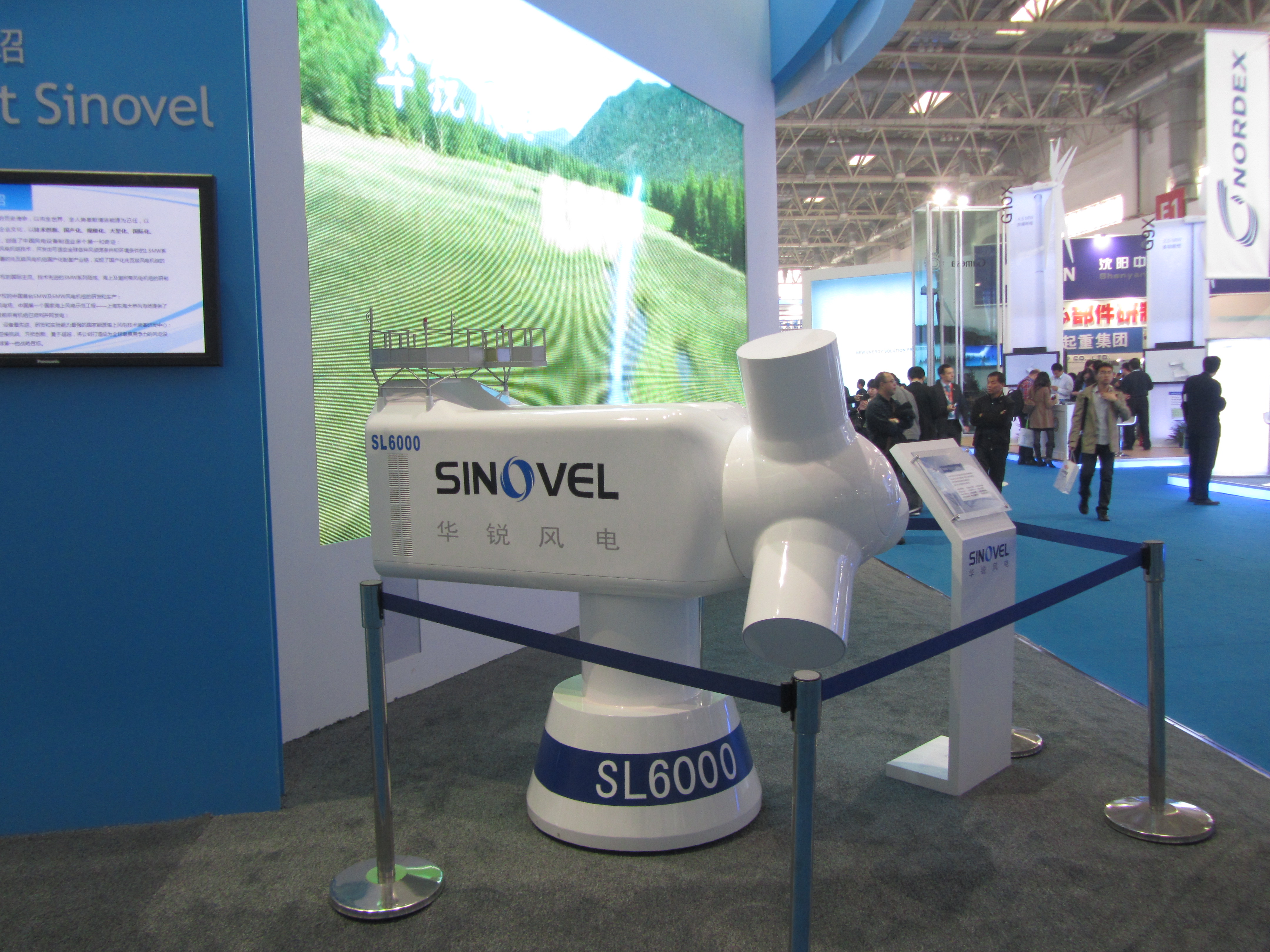

Shanghai-listed Sinovel Wind Group Co Ltd, China’s largest manufacturer of wind turbines by market value, has just lost its second chairman in two months, the company announced Wednesday.
After Wei Wenyuan, chairman and acting president of Sinovel, formally announced his intentions to resign from the turbine maker Monday, the company’s board of directors voted in Wang Yuan as its new chairman and Liu Zhengqi as its new president during an interim meeting held Tuesday, the company announced Wednesday in a filing to the Shanghai Stock Exchange.
Wei’s motives for leaving Sinovel were not mentioned in the document; which also noted that Liu Hui, the company’s board director had handed in his resignation letter as well Monday.
In March, Wei took over for Han Junliang, the former chairman of Sinovel. Wei, who was known for his experience in capital market operations, owns 420 million shares in the listed turbine maker, or 10.45 percent of its total shares, through a company he controls.
“[Frequent] top management shakeups usually happen when a company is facing trouble,” Lin Boqiang, director of the China Center for Energy Economics Research at Xiamen University, told the Global Times Wednesday.
Sinovel posted 583 million yuan ($94.85 million) in losses last year, compared with 608 million yuan in adjusted net profits from 2011, according to its records. The company reported an additional 249 million yuan loss during the first quarter and is currently forecasting a net loss for the first half of 2013.
“And Sinovel is just one of the clean-tech companies experiencing turmoil within its upper ranks these days thanks to the mounting financial distress evident across the sector,” Lin said.
Two of China’s foremost solar panel manufacturers, Suntech Power Holdings Co and LDK Solar Co, also switched out their chairmen in March.
“Boards usually hope a new leader will pull a company out of its current plight, but here there isn’t much leeway left for real change,” Lin explained. “This inevitably triggers conflicts which only lead to further management changes.”
Lin also concluded that Sinovel’s problems don’t so much lay with the company itself, but with the overabundance of capacity which has squeezed profit margins and reduced investment across the industry.
Sinovel went public on January 13, 2011, with an issuing price of 90 yuan per share, giving it a total market value of 90.05 billion yuan. Over the past two years, shrinking demand for turbines has trampled prices for new equipment and sent Sinovel’s market value skidding to 20 billion yuan.
Gallagher Re has shed light on the significant challenges insurers face when providing coverage for…
The Australian government will disburse AUD 1.7 million (USD 1.1m/EUR 1m) in grant funding to…
GlobalData’s latest report, ‘Asia Pacific Renewable Energy Policy Handbook 2024’ is among the latest region-specific…
The electrical generation market is facing a number of challenges, including the need to increase…
Nuclear energy has emerged as a prominent player in Asia's energy landscape, offering a reliable…
The pursuit of a low-carbon future has gained significant momentum globally, and Asia stands tall…